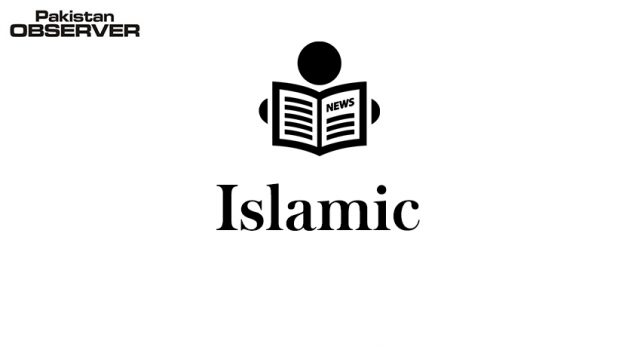Istanbul
Islamic banking assets in Turkey to double in 10 years, Moody’s says Islamic banking assets in Turkey are set to double within 10 years as government initiatives drive growth in the sector, a report published Monday by Moody’s Investors Service said.
The report highlighted evolving regulations and government policy as main factors encouraging the Islamic finance industry to expand. According to the report, currently, the country’s Islamic finance sector is smaller than other large Muslim countries, and its slow start means it has ample room to expand. The sector represented just over 5.8% of banking assets at the end of September 2019, compared to Malaysia (33%) and Middle Eastern countries (15% – 77%).
The Turkish government founded three new state-owned Islamic banks between 2015 to 2019, broadening access and increasing competition.
In February last year the country’s Banking Regulation and Supervision Agency (BDDK) granted a banking license to Türkiye Emlak Katýlým Bankasý (EmlakBank), bringing the number of Islamic banks – known as participation banks locally – to six in the country.
EmlakBank is not an entirely new player. In the aftermath of the foundation of the Turkish Republic, the Emlak and Eytam Bank was established in 1926, the third bank after Ýþ Bank and the Sanayi ve Maadin Bank (Industry and Mining Bank).
The aim of the bank was to support construction projects in order to facilitate social and economic development in the nascent republic. In 1946, the bank’s name changed to EmlakBank and it lost its banking license in 2001. Its 405 branches were transferred to state lender Ziraat Bank.
The other five Islamic banks are state-controlled Ziraat Bankasý and VakifBank, which received licenses to conduct Islamic banking in 2015 and 2016, respectively, as well as Albaraka Türk, Kuveyt Türk, majority-owned by Kuwait Finance House, and Turkiye Finans.—Daily Sabah










